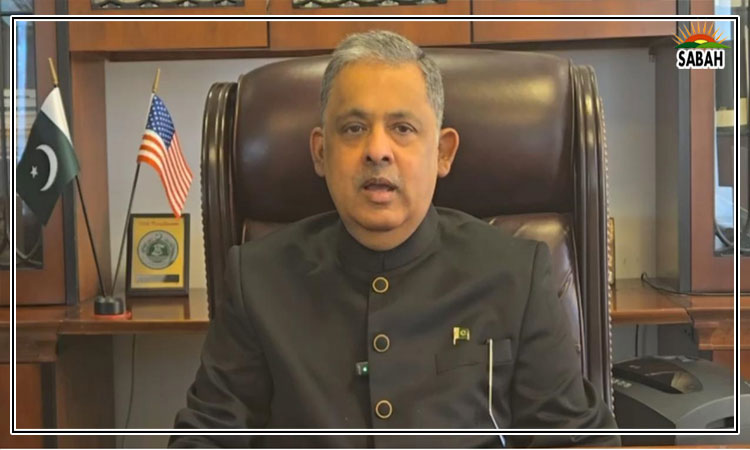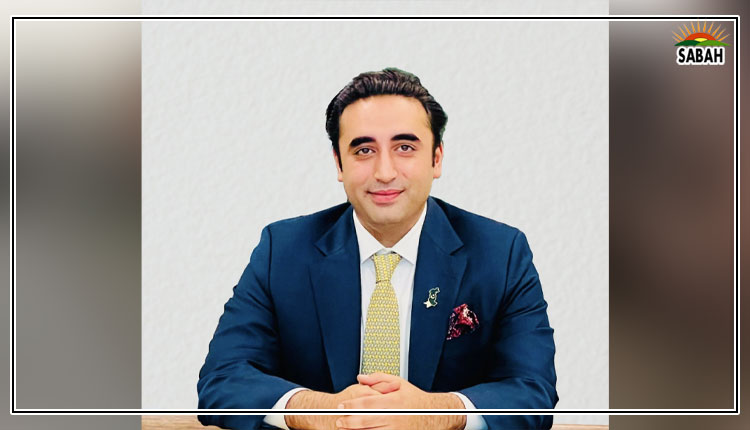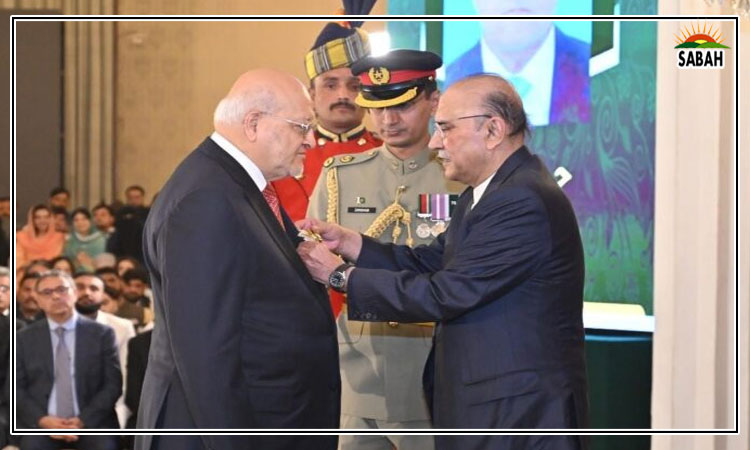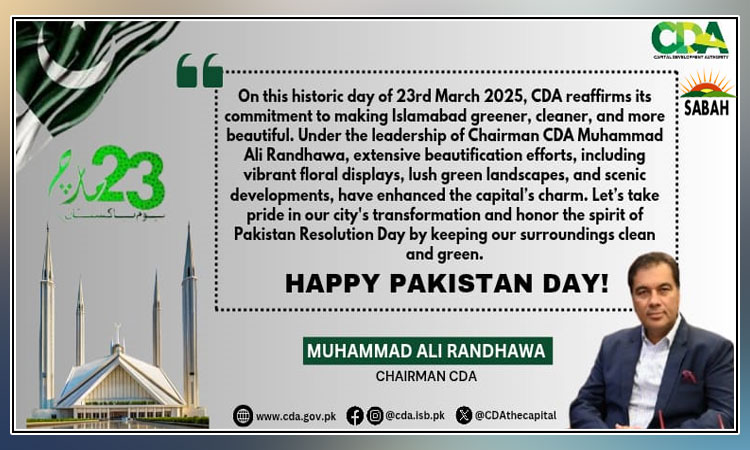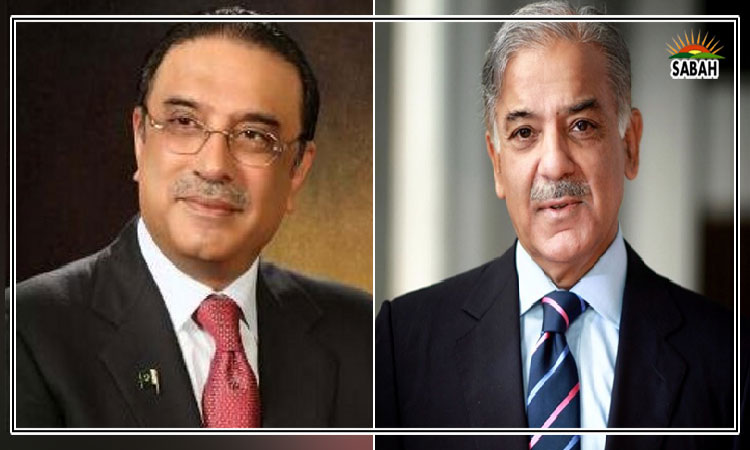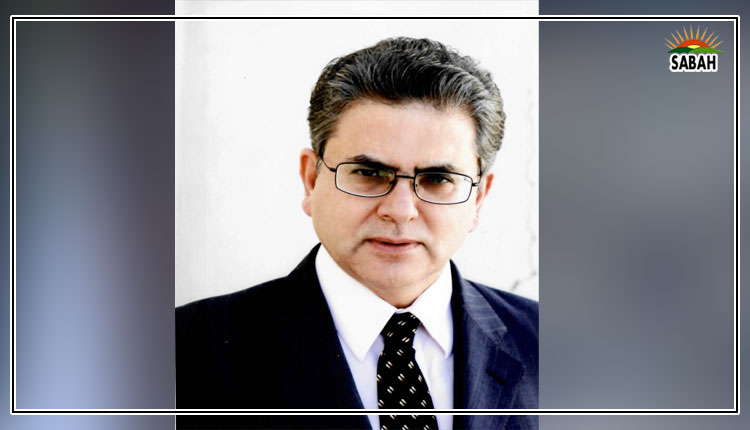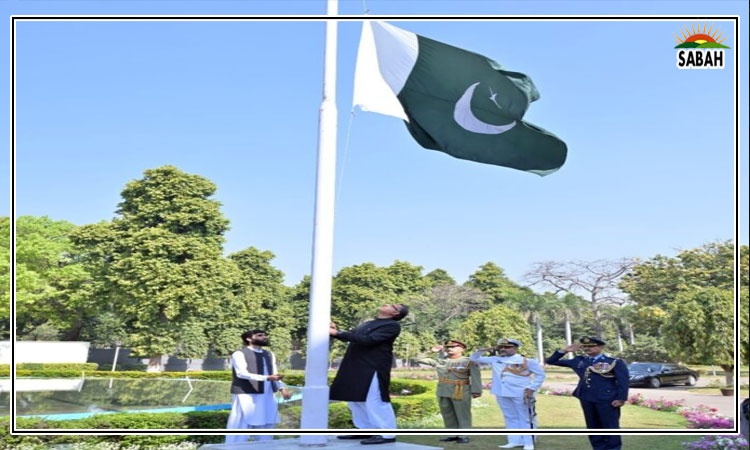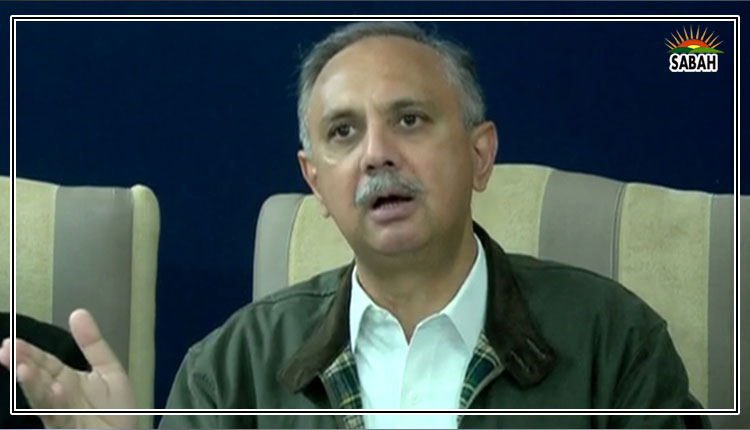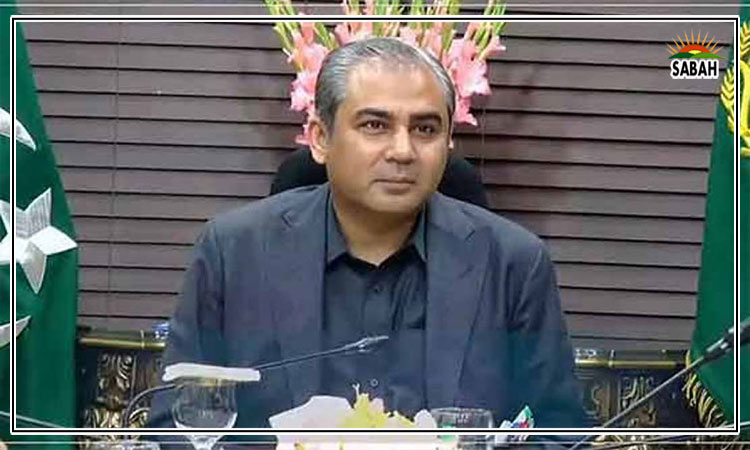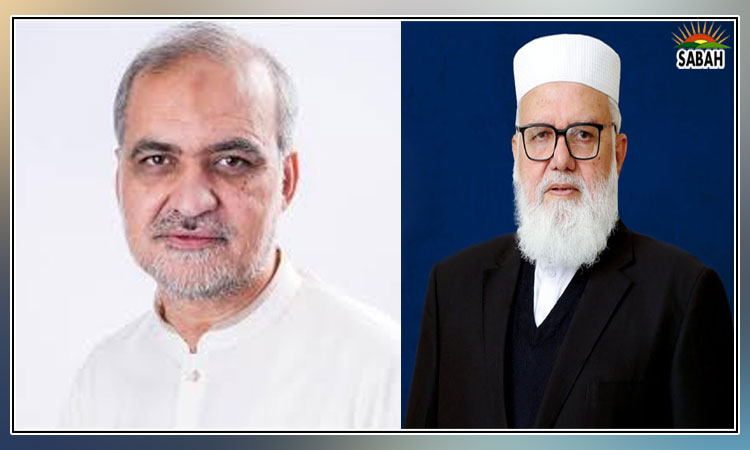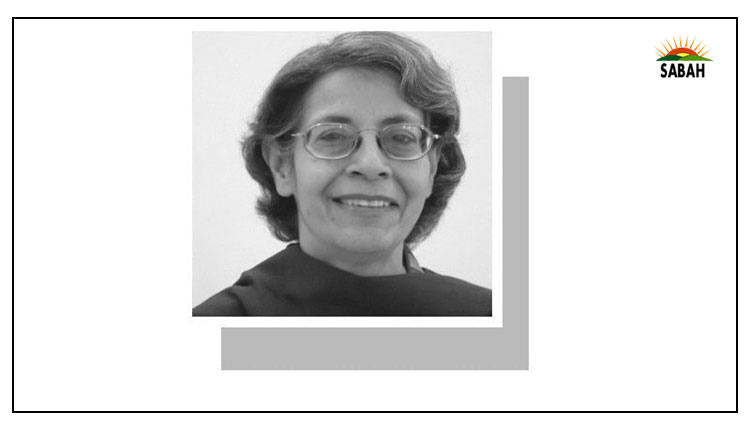Travel if you can….Nikhat Sattar
ITALIAN poet Gio Evan emphasises the need to travel without which the human mind remains ensconced within its narrow boundaries and regurgitates its own thoughts. One should travel, he said, because if not, ones thoughts will not be strengthened and will not be enriched with lofty ideals: dreams will be born with weak and shaky legs.
Over recent years, tourism has in Pakistan become an almost essential activity for those who can afford it. Many save up for annual vacations and make a trip to places in the country where they can enjoy nature walks or adventurous activities, usually with family or in groups of friends. At times, travel destinations include countries in the neighbourhood such as the Middle East, Thailand or Turkey. Nearly all such trips are for sightseeing or visiting family members and at times, for shopping. However, while Pakistani tourists have increased, travellers are far fewer. The traveller sees what he sees, the tourist sees what he has come to see. The tourist is not really Evans traveller. Destinations and sightseeing spots are planned in advance. Tourism is primarily an entertainment activity. Travelling has a different purpose.
It would be rare to find many in Pakistan who travel for the sake of learning, expanding their mental horizon and enhancing their repertoire of experience. Few people would argue with the statement that our society is mostly inward-looking and less amenable to learning and absorbing views of a hue different from its own history or from what it has gleaned from its elders. One reason for this could be that we have far less exposure to the world in terms of meeting different people, experiencing different cultures, experimenting with different cuisines and listening to different languages. We have developed a degree of self-importance that becomes difficult to shed as our obsession with our minuscular world increases. Travel, on the other hand, tells us how small is the space that we occupy in the vastness of this world. When we are able to see ourselves as only a small element of the larger system, it helps us to develop humility and the proper perspective.
In many countries, students save up from their part-time jobs or stipends to travel during college or university vacations, and even take a year off from studies to see the world. For a student to do this in Pakistan would be unheard of. Not only because of financial limitations, but because travel is still considered to be entirely for pleasure. It is a luxury and can only be indulged in if one has money to spare and a family to go with. Hence people wait until they have jobs, are settled and earning enough to take pleasure trips. By this time, the insular and parochial outlook created through our education system and social interactions has limited their minds to process what they have seen, heard or observed in their immediate environment.
Someone who has travelled to other places, lived there for some time and made an effort to understand the values and cultures of other people is likely to have a broader mind and a stretch of imagination than her counterpart who has stayed home throughout their life. Some say that they read about other places and hence have travelled in their mind. But this cannot replace physical movement and real-time living in other environments. It is not only the young who travel for learning and not only people in the West who have made travel an essential aspect of their lives in current times. Planes and trains and long bus travel see a large number of elderly people who live retired lives and decide to see the world and enhance their experiences. Travel is about learning and experience equally for the young and old. Many world-renowned travellers who have written their travelogues lived in earlier times and came from the East.
What we read in books about other places is not always the truth. We are often fed disinformation and views that others possess or want us to possess. Once we travel, our assessment could be very different. What we read or hear from others could create bias in our minds. It is only when we meet, see and hear for ourselves that we open our hearts and broaden our minds. According to Mark Twain, travel eliminates prejudice, bigotry and narrow-mindedness and promotes a compassionate view of others and their way of life. Travel also develops different aspects of ones own personality, giving bloom and colour to hidden qualities and germinating seeds that might have perished had they not been watered and fertilised by the rich environment of the rest of the world. Anatole France, the French Nobel Prize winner in literature in 1921, famously said that the original harmony between humans and nature gets re-established through wandering. To reconnect with our origins, we need to wander away from our routine lives.
Courtesy Dawn


